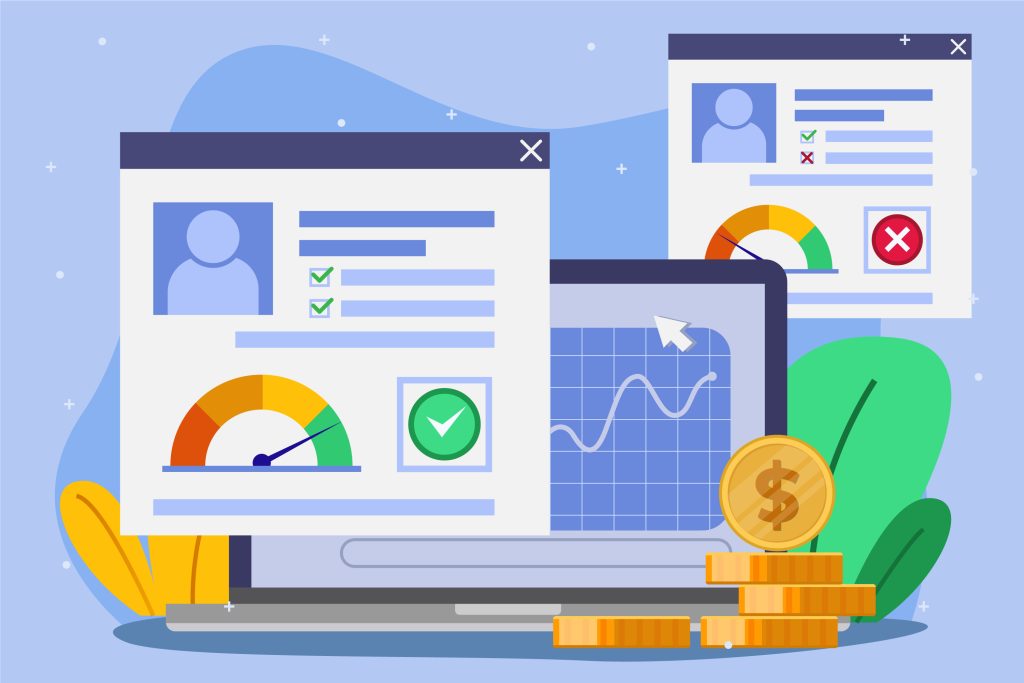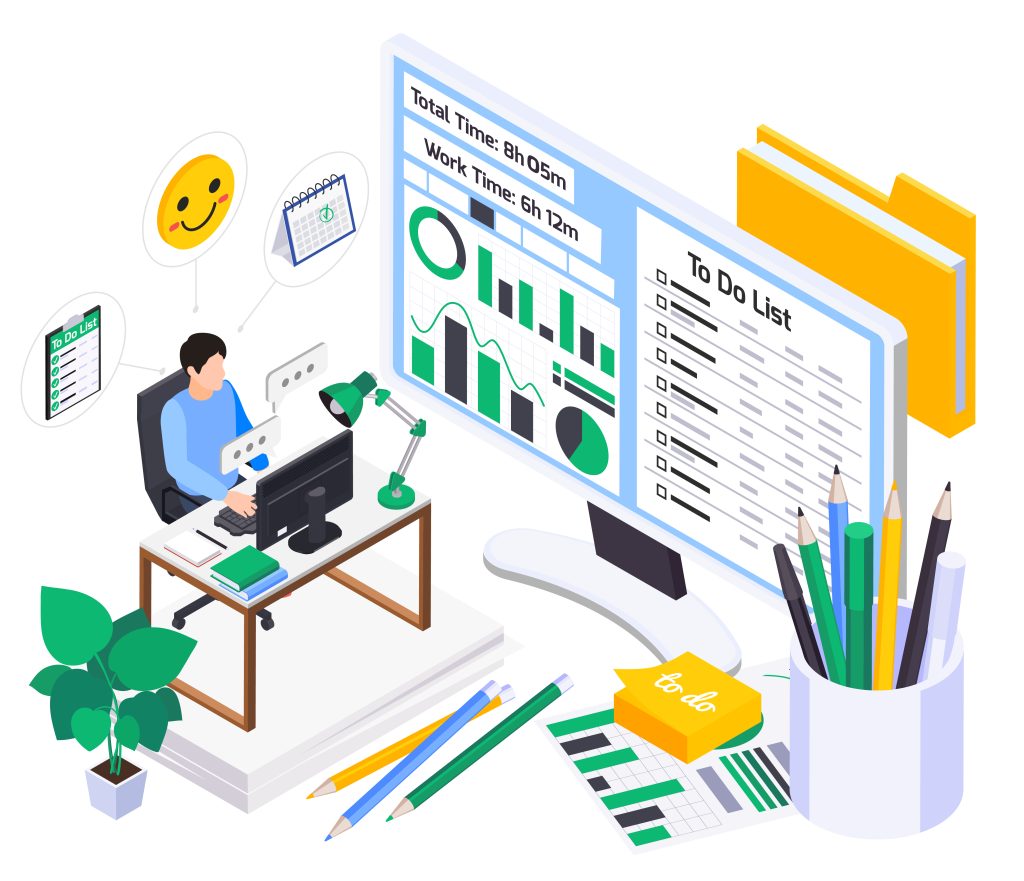Various Types of Accounting Software

by admin, May 15, 2024
Various Types of Accounting Software
Most businesses in the United States prefer to handle tasks on their own to be cost-effective. Accounting is an important aspect of any enterprise, as it provides crucial financial information that can be used to make better decisions and also reflects a company’s good financial health.
In order to be cost-effective in accounting, startups, and small businesses can partner with the best software development company to develop a reliable accounting software for better results and earn more profits.
However, with so many accounting software programs available on the market, it can be difficult to select which one is right for your business. Do not worry; in this post, we will talk about the different types of accounting software and their benefits for your business.
Let’s begin by understanding more about accounting software.
What is Accounting Software?
Accounting software is an innovative solution that simplifies and automates the accounting process. It includes features such as bookkeeping, invoicing, managing expenses, tracking inventory, etc. It also provides insights and analytics that can be used to make better financial decisions.
According to a recent report: –
- The accounting software market is expected to increase from USD 14.71 billion in 2023 to USD 29.80 billion by 2030, with a compound yearly growth rate (CAGR) of 9.2% over the forecast period (2024- 2030). source
- The market is growing due to increased demand from financial institutions for automated solutions and the rapid adoption of cloud-based accounting software.
It should be noted that, accounting software can be installed on-premises, meaning it is installed and managed on the own servers of a company, or it can be cloud-based, which means it is hosted remotely and accessed via the internet.
What is the Function of Accounting Software?
The types of accounting software support the continuous and smooth growth of your business. It offers numerous features to help you optimize your business operations.
From basic billing and invoicing to project management and tax calculations, the accounting software will be an essential tool for managing the financial data of the company.
It will also assist in managing clients, generating insightful financial statements, and reconciling bank accounts.
Different Types of Accounting Software

Small business accounting software is highly popular due to its advantages.
Its turnaround time is faster, there is no need for manual effort to maintain documents or papers in drawers, and the accuracy of reports is far better than when using bill papers and binders.
Given below are some of the most used types of accounting softwares: –
1. Commercial Accounting Software
Commercial accounting software is designed for businesses of all sizes, from small to large enterprises. These software solutions are usually subscription-based, with various pricing plans based on features and number of users.
They include essential accounting functions such as generating financial statements, tracking income and expenses, preparing invoices, and managing payroll.
Some commercial software providers are partnered with banks and other financial institutions, offering integrations that allow businesses to manage their finances in one place. This can be a convenient option for businesses looking to streamline their accounting processes further.
2. Spreadsheets
Spreadsheet programs like Microsoft Excel are commonly used for accounting purposes. They provide a basic foundation for accounting, allowing businesses to track income and expenses, create invoices, and calculate tax.
However, they lack the more sophisticated features offered by accurate accounting solutions.
For example, they do not have features like double-entry bookkeeping or generating financial statements.
They can be a good option for businesses that are just starting out, but as the company grows, you will likely need to look for a stronger solution.
3. ERP
Enterprise Resource Planning Software (ERP) integrates information from all parts of a business into a single database, eliminating the problems associated with independent department-specific software that does not share information.
However, it is expensive and may take over a year to install, making it suitable only for the largest and most complex organizations.
4. Custom Accounting software
Custom accounting software is designed and developed specifically for a particular business according to its unique requirements. This software is usually more expensive than commercial off-the-shelf solutions but offers greater flexibility and customization.
With custom accounting, businesses can get the exact features and functionalities they need to manage their finances effectively.
5. Cloud Accounting Software
Cloud accounting software is a type of commercial software that is offered through the internet instead of being installed on the servers of a company.
It means that businesses can access their accounting data and applications from any device with an internet connection.
The main benefit of cloud accounting is that it offers greater flexibility and mobility, as businesses can access their data from anywhere. In addition, it is often easier to set up and use, as there is no need for complex IT infrastructure.
Key Benefits of Types of Accounting Software for Businesses

Different types of accounting software offer a wide range of benefits for businesses of all sizes. Here are some of the key advantages: –
- It is Cost Effective
Varius types of accounting software automates important calculations and administrative tasks, as well as controlling the revenue framework. Therefore, there is no need to outsource finance management experts.
- Simplifies Accounts
Even a non-accounting personnel can easily use the accounting software due to its user-friendly interface and simplicity.
- Improves Data Security
Types of accounting softwares prevent unauthorized access to information by providing user or administrative IDs with passwords, ensuring data security.
- Provides Correct Forecasting
It will be difficult to detail trends and patterns of financial performance without proper accounting software. The best accounting software can help improve small strategies and allocate the right resources.
- Better Productivity
Accounting software makes it easier for a firm to collect, organize, analyze and work on the outcomes. The more efficiently available resources are used, the more efficient reporting standards will be.
Factors to Consider Before Choosing the Right Acounting Software
Highlighted below are some of the important factors that you should consider before selecting an accounting software for your business: –
- User-friendliness
- Focus on the add-on features
- Consider your financial situation/needs
- Compliancy with banks
- Interoperability with other business accounting software
- Data security
- Flexibility and scalability
- Customer support
Concluding Thoughts: Various Types of Accounting Software
After going through the above information, we can say that accounting software has the potential to transform businesses of all sizes.
The most vital step in selecting the best type of accounting software for your business is to conduct a thorough task analysis that considers both managerial and financial requirements. Take your time with this important step to ensure comprehensive coverage.
If you are still confused about which accounting software would be best for you or looking to develop your own accounting software, then contact LJ Innovate.
LJ Innovate is the best AI and machine learning company in Charleston, South Carolina. Our skilled team of experts will provide the necessary information and guidance on the different types of accounting software to meet your needs.
Hire our skilled and certified software developers to build your own accounting software.
Schedule your free consultation now!